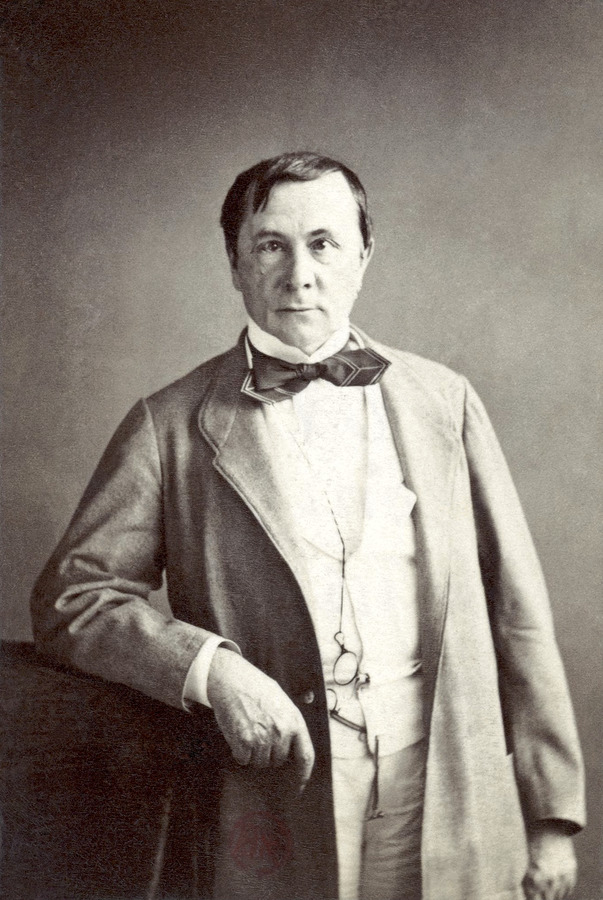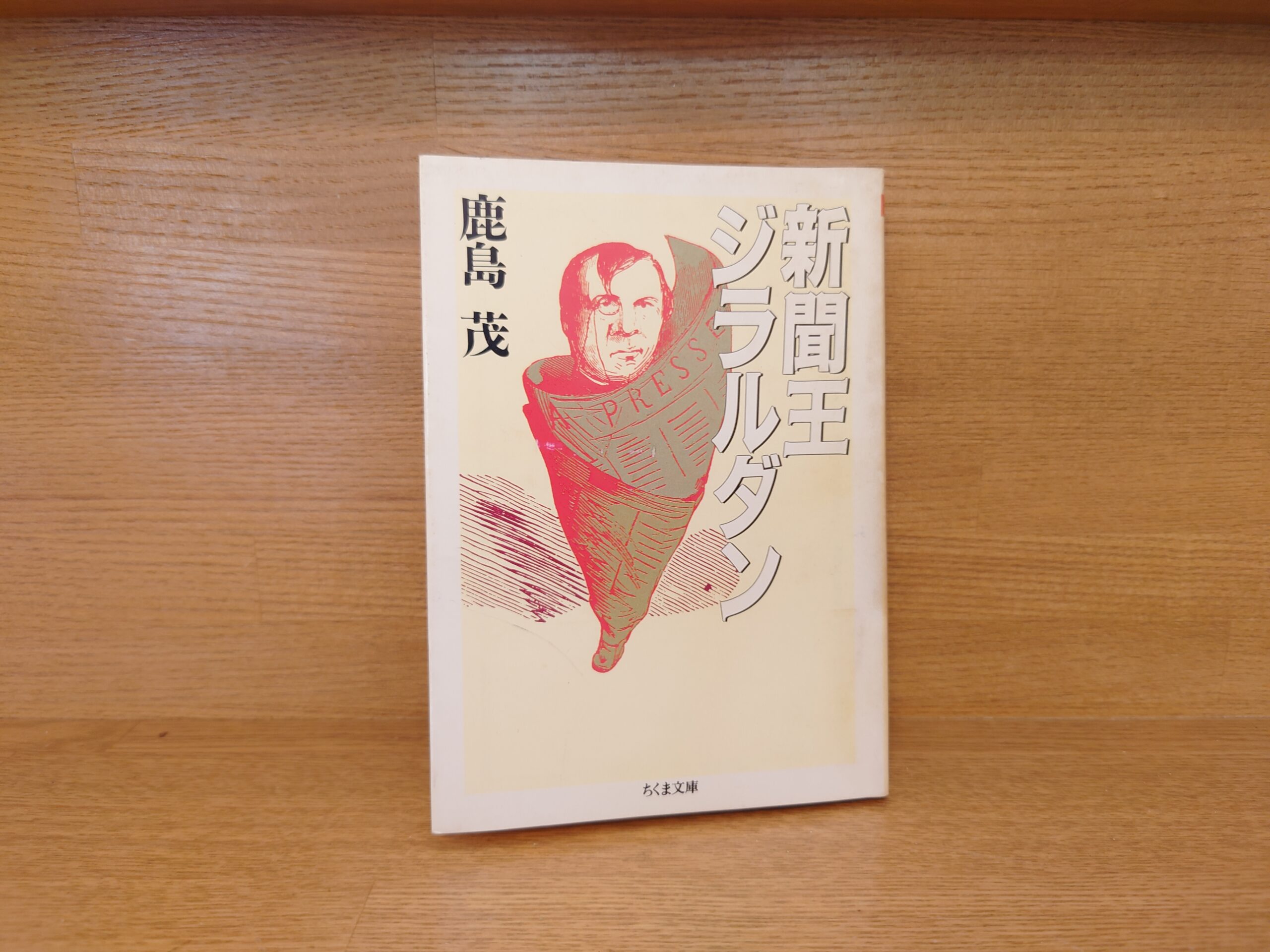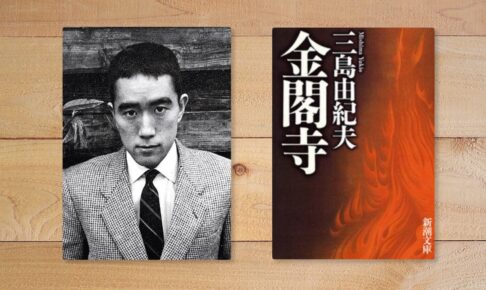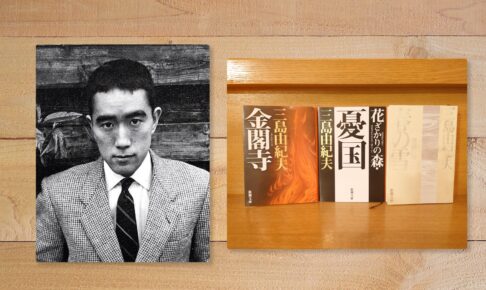Shigeru Kashima's "Girardin, King of Newspapers" Summary and Comments - The amazing man who transformed the newspaper industry! This book is recommended to learn about the birth of media journalism!
Introduced here is "Girardin, King of Newspapers" by Shigeru Kashima, published by Chikuma Shobo in 1997.
Let's take a quick look at the book.
Set in Paris, the film vividly depicts the life of Girardin, who started out as a scandalous plagiarist newspaper and brought about a decisive revolution in journalism by combining "newspaper" and "advertising".
AmazonProducts Page.

The profile of Girardin, the protagonist of this work, is as follows.
Emile de Girardin (1806-81) was a French newspaper proprietor and politician. Born as the bastard son of the Marquis de Girardin, known as the protector of Rousseau, he rose from pennilessness and nothingness to become a newspaper magnate. Starting with the newspaper "Voleur (The Thief)," which he created by jettisoning interesting articles from various newspapers, he worked hard to accumulate money through "La Mode" and "Journal des Connexions Jutils," etc. In 1836, he launched a general newspaper, "Presse," with the goal of becoming a full-fledged newspaper publisher. In 1836, he launched the general interest newspaper "Presse," a groundbreaking newspaper that cut subscription fees in half by introducing full advertising, and which was to define the capitalist system that was to follow. He was also involved in Liberté, Globe, Petit Journal, and others. His wife is Delphine Gué, a woman of accomplished bedroom writing.
Shigeru Kashima Collection|Stock Photo of Old Books and Prints from the 18th and 19th Centuries.
Girardin was a French 19th century tycoon who rose from nothing to become a newspaper magnate. In this work, we will take a closer look at Girardin's achievements and his background. Previously introduced by Takamasa OguraA Social History of "The Secrets of Paris."The following is an explanation of Girardin's accomplishments. It may be a bit long, but we will take a close look at it because it tells us in a very easy-to-understand way how Girardin had a huge impact on the world.
In France during the July Monarchy, conditions were favorable for the development of print media and the popularization of literature due to the synergistic effects of advances in printing technology, the development of distribution systems, and educational reforms that expanded the readership of the press. The relaxation of the intense scrutiny that had been placed on newspapers and publishing during the restoration of the monarchy also contributed to the development of the print media and the popularization of literature. Emile de Girardin (18006 - 1881) was quick to recognize these conditions and saw in them the opportunity for commercial success.
From the early 1830s, he published newspapers such as "Practical Knowledge Newspaper" and "Elementary School Teachers' Newspaper," showing his interest in education and enlightenment. The idea of using periodicals as a means of enlightening the general public was extremely novel at the time.
This was not as successful as he had hoped, but not discouraged by this, Girardin launched a daily newspaper called "Presse" in 1836, which was to revolutionize French journalism.
First, he set the annual subscription fee at 40 francs by devoting a large portion of the paper's revenue to commercial advertising. This was half the annual subscription fee of other newspapers, which were generally 80 francs. Moreover, while newspapers of the time were generally hard-core political newspapers, Girardin carefully avoided political controversies, and on the other hand, he had his wife Delphine write an inside story on Paris society and the literary world (it was a column titled "Paris News" and took up the bottom of the front page every Thursday), thus strengthening the entertaining The magazine's entertainment tendency was strengthened.
Girardin's change of direction from enlightenment to entertainment was successful, and within a few months he had 10,000 subscribers, and by the 1840s the number exceeded 20,000. By the 1840s, the number of subscribers exceeded 20,000. This was a hard-to-ignore circulation number for a daily newspaper of the time.
The serialization of newspaper novels, which was launched by the Press, had a decisive impact on the world of literature. The first newspaper novel, "The Old Lady," was contributed by none other than Balzac. It was not until the 1840s that the success of a serialized novel immediately affected the circulation of a newspaper, and all newspapers began to compete for contributions from popular authors.
Shinyosha, Takashi Ogura, A Social History of "Secrets of Paris": Eugène Hsu and the World of Newspaper Novels, p. 35-36.
Some line breaks have been made.
Girardin's newspaper, the Press, was truly a revolution. With this newspaper came the dawn of the newspaper novel, and literary stars such as Balzac, Georges Sand, and Eugène Choux became very active in the world of literature.
Girardin, King of the Newspapers" by Shigeru Kashima is a great book that allows us to see the life of such a revolutionary Girardin with the background of the times. Anyway, it is interesting.
We are surrounded by television, newspapers, and the Internet to the extent that we cannot live without them in our daily lives, but in this book we can learn about when the commercial media began and what it means. This book is set in France in the middle of the 19th century, but it has direct relevance to us living in modern society.
The author, Shigeru Kashima, states the following in his "Preface. This is a masterpiece of the well-known Kashima-verse. Let's read it carefully.
It is generally said that communism lost to capitalism because of the lack of goods. However, if one thinks about it, there are societies that have a market economy based on the principle of competition, but do not have many goods. In other words, Western societies before they became industrial societies, or developing countries that are still in that stage.
In this stage of society, there was a market economy but no goods. In contrast, in the Soviet-type society when the planned economy was functioning to some extent, there were few kinds of things, but there were things anyway. This is why developing countries are aiming for communism at first.
Therefore, the argument that communism lost to capitalism because of the lack of goods is not necessarily correct. In my opinion, communism lost to capitalism because of the fact that "people in the West were not moved by seeing or hearing propaganda in the East, but people in the East were moved by seeing or hearing commercials in the West.
Perhaps when people in the East watched Western newspapers, magazines, and TV programs, they were not interested in the ideas expressed in them, but the commercials must have attracted their attention. Commercials are the purest poetry of things, or in other words, of capitalism, and they contain extremely sharpened rhetoric. Mrs. Bovary, who has read too many romance novels.
Just as fiction is not reality, commercials are not things themselves, so even if a communist society turns into a capitalist society, the rosy society envisioned by the people will not be realized, but in any case, there is no denying the fact that military force is not necessary to defeat communism, only But in any case, there is no denying the fact that military power was not necessary to defeat communism; only commercial power was sufficient. It was the West German TV commercials secretly viewed on the east side of the Berlin Wall that brought it down. For communism, the devil's whispering was the commercials.
By the way, the two factors that brought down communist society, journalism and commercialism, are now inseparably symbiotic. It is not accurate to say that it was not so long ago. In fact, the establishment of this symbiotic relationship has a specific date of July 1, 1836. And it was not born spontaneously, but was invented by a man named Emile de Girardin.
In other words, on this day, when Emile de Girardin launched the newspaper 《Press》, which cut subscription fees in half by introducing commercial advertising, journalism and commercialism entered into a permanent symbiotic relationship, and in extreme terms, thereby the pre-modern society collapsed and a modern society was In other words, the pre-modern society collapsed and a modern society was born.
What kind of a man was Emile de Girardin, who, by combining journalism and commercialism, brought about the collapse of premodern society, and even the collapse of communist society? Or, if Emile de Girardin had not existed, would the highly industrialized society we know today have come into existence? These are the hypothetical questions this book seeks to answer.
But even so, this question, though familiar, seems to be a "big question" that could lead to the tremendous questions of what is modernity and what is capitalism.
Chikuma Shobo, Shigeru Kashima, "Girardin the Newspaper King," p. 11-12
Some line breaks have been made.
What do you think? Just reading this "Preface" sentence gives an interesting atmosphere, doesn't it?
But while this question is a familiar one, there are strong indications that it will become a "big question" that will lead to tremendous questions about what modernity and capitalism are.
That's exactly right. The book is a wonderful work that goes beyond simply the issue of Girardin alone and teaches us how society works.
This is definitely one of the best books of all time! It is a very interesting book! I highly recommend this work. I highly recommend it.
The above is a recommended book to learn about the birth of media journalism, "Shigeru Kashima, Girardin, King of Newspapers! The amazing life of the man who transformed the newspaper industry!" The above is "Shigeru Kashima's "Girardin, King of the Newspapers"!
Next Article.
Click here to read the previous article.
Related Articles







































